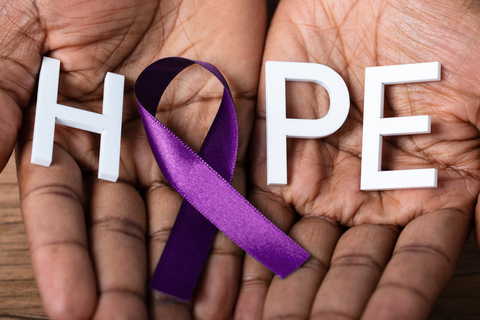Cancer
Beyond the Pink Ribbon: Combating Breast Cancer in Younger Women
About 316,950 new cases of invasive breast cancer will be diagnosed in women in the U.S. this year and about 42,170 will die from breast cancer.
A...
Ovarian Cancer in Black Women: Understanding Risks, Disparities, and the Path Forward
Introduction
Ovarian cancer is often called the “silent killer” because its symptoms are subtle, vague, and easily mistaken for other c...
- Jessica Wilson
Blood Cancer Awareness in Minority Communities: Bridging Gaps in Diagnosis and Care
Introduction
Blood cancers—including leukemia, lymphoma, and multiple myeloma—are serious illnesses that affect the blood, bone marrow, and lymphat...
- Jessica Wilson
Clearing the Smoke: The Hidden Long-Term Risks of Vaping
Over the past decade, vaping has surged in popularity among both adults and teens, often marketed as a safer alternative to traditional cigarettes....
- Jessica Wilson
Fish Intake in Relation to Colorectal Cancer Risk in Black Women's Health
Background:
Black Americans have the highest colorectal cancer (CRC) incidence and mortality rates of any racial/ethnic group in the United States...
African American ancestry study identifies new lung cancer risk factors
Despite having lower smoking habits than other groups in the U.S., Black Americans are more likely to develop lung cancer, and their survival rates...
Trending Topics
Features
- Drive Toolkit
Download and distribute powerful vaccination QI resources for your community.
- Health Champions
Sign up now to support health equity and sustainable health outcomes in your community.
- Cancer Early Detection
MCED tests use a simple blood draw to screen for many kinds of cancer at once.
- PR
FYHN is a bridge connecting health information providers to BIPOC communities in a trusted environment.
- Medicare
Discover an honest look at our Medicare system.
- Alliance for Representative Clinical Trials
ARC was launched to create a network of community clinicians to diversify and bring clinical trials to communities of color and other communities that have been underrepresented.
- Reducing Patient Risk
The single most important purpose of our healthcare system is to reduce patient risk for an acute event.



















